In this conversation, we talk to Sarah Hull, Brand and Sustainability Director at Cooper and Company. We find out how they’ve been bold on buildings – the theme of World Green Building Week 2025.
In your experience managing an entire precinct like Britomart, how has bold decision-making around sustainability helped Cooper and Company drive lasting business and community value?
- Bold has been part of our brand values from the beginning – alongside ‘cool’ and ‘soul’. It’s shaped every stage of the Britomart Precinct’s 20-year development.
- Managing 18 heritage buildings required bold approaches, especially as sustainability thinking has evolved over the years.
- One of the boldest early moves was intentionally building a community – not just among lease partners, but also a wider public community. At the time it wasn’t framed as social sustainability but today it’s the foundation for much of their sustainability success.
- This community focus now gives the precinct a clear point of difference – tenants want the environmental credentials but they also value the social outcomes for their people.
- Over 2 decades, consistency in basics like safety, lighting and security has reinforced trust and resilience. The precinct’s recent materiality assessment confirmed that people see this long-term approach as Britomart’s competitive edge.
Many businesses are now seeing that climate-aligning their assets isn’t just risk mitigation – it’s a competitive advantage. What approaches have you taken across your portfolio to embed sustainability?
- Around 6 years ago, Cooper and Company committed to voluntary sustainability reporting, setting annual goals across all businesses.
- Goals cascade from operational teams to executive management, meaning sustainability isn’t imposed top-down, it’s part of how everyone works.
- Sustainability is integrated with brand – my role is Sustainability and Brand Director. It’s not an add-on, it’s embedded in how the company operates.
- This approach has created a culture where sustainability is a natural part of decision-making, not a compliance exercise.
- By aligning sustainability with brand values, it’s now just the way we work – seen as positive, collaborative and essential.
Cooper and Company’s sustainability position didn’t happen overnight, and no doubt came with challenges and lessons learned along the way. What advice would you give to other organisations wanting to make bold sustainability moves?
- Set and stick to annual goals. Even if they seem small, consistency compounds over years into big impact. Patience is essential.
- Goals also keep teams focused and stop organisations from spreading themselves too thin with dozens of competing ideas.
- Use frameworks (like building certifications) to understand what’s coming down the line and prepare accordingly.
- Cross-pollinate across industries – learn from other sectors and apply those lessons across the portfolio (from wineries to precincts to hotels).
- Measure everything – energy, emissions, waste – because measurement is the starting point for improvement.
- Be transparent about failures. Report the good, the bad and the ugly as honesty drives learning and builds industry trust.
- Keep enthusiasm alive. Recognise that not everything is within your control so highlight progress (including staff stories) to motivate teams.
- Ultimately, sustainability is a journey of continual improvement, not a final destination.






